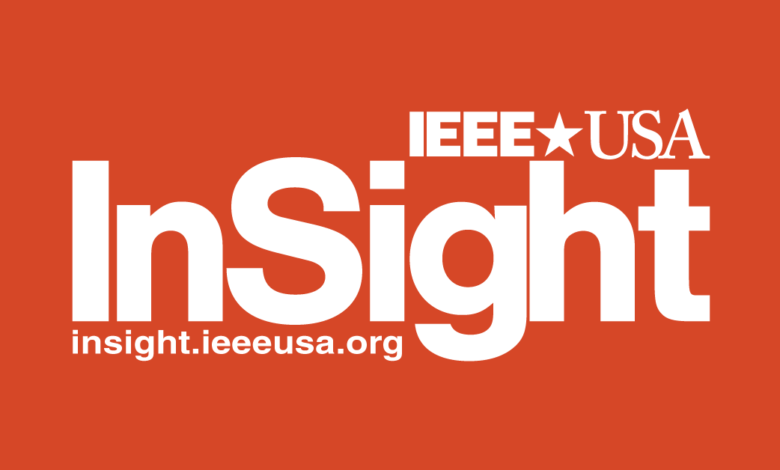
The horrific images of death and destruction following the Sept. 11, 2001 terrorist attacks are seared into the minds and hearts of many Americans. Shortly thereafter, a group of Boston-area IEEE members assembled to think about what they could do to help prevent another tragedy.
The result was the IEEE International Conference on Technologies for Homeland Security (HST). The 2010 event is set for 8-10 November at the Westin Waltham Boston in Waltham, Mass.
One of the conference founders, Fausto Molinet, recently spoke about HST on the ScienceNews Radio Network program The Promise of Tomorrow with Colonel Mason.
“There were several of us here in the Boston Section who recognized after the 2001 attacks in New York and Washington that there needed to be a stronger emphasis on technology solutions to assist in homeland security,” said Molinet, who serves as deputy chair of the HST Organizing Committee. “It’s not the only thing that makes homeland security work, but technology solutions are very important.”
Howard A. Schmidt, President Obama’s national cybersecurity coordinator, will deliver the keynote address on day one of this year’s event following a morning of tutorials. Other featured speakers are Dr. Starnes E. Walker and Christopher Doyle of the Department of Homeland Security Science & Technology Directorate (DHS S&T).
To improve the technical quality of the conference, this year’s paper review process was more stringent. The Technical Committee is made up of professionals from corporations such as Raytheon and MITRE, and institutions such as Oak Ridge (Tenn.) National Laboratory, the University of Southern California and MIT Lincoln Laboratory.
HST features researchers and innovators from across the globe. According to Molinet, it brings them together with DHS officials “to take a look at some of [their] solutions and see whether or not they’ll work, [and] give inventors, early stage entrepreneurs and companies that are doing advanced research in this area an opportunity to present what they’re doing.”
HST was held for the first time in the spring of 2002 and drew about 100 people. A second event was staged that fall. In May of 2003, it became a traditional IEEE conference with solicited papers. People from at least 10 foreign countries attended the 2009 event.
IEEE Boston Section Manager Bob Alongi, who has worked on the conference since its inception, said HST became a national event after DHS S&T officials hired the section to manage their DHS conference at Boston’s Seaport Hotel in April 2005. The latter event drew so well that those who couldn’t get in, attended HST.
“Managing DHS’ event helped us to get over the hump,” Alongi said. “It gave us credibility and helped us get speakers.”
Former IEEE-USA President Russ Lefevre approached Alongi in 2007 to see if IEEE’s U.S. unit could participate in HST. IEEE-USA began providing organizational support for the conference in May 2008, the year it drew its largest attendance (about 475).
“It’s a good match,” Alongi said. “It’s fitting for IEEE-USA to be involved in an event promoting homeland security.”






